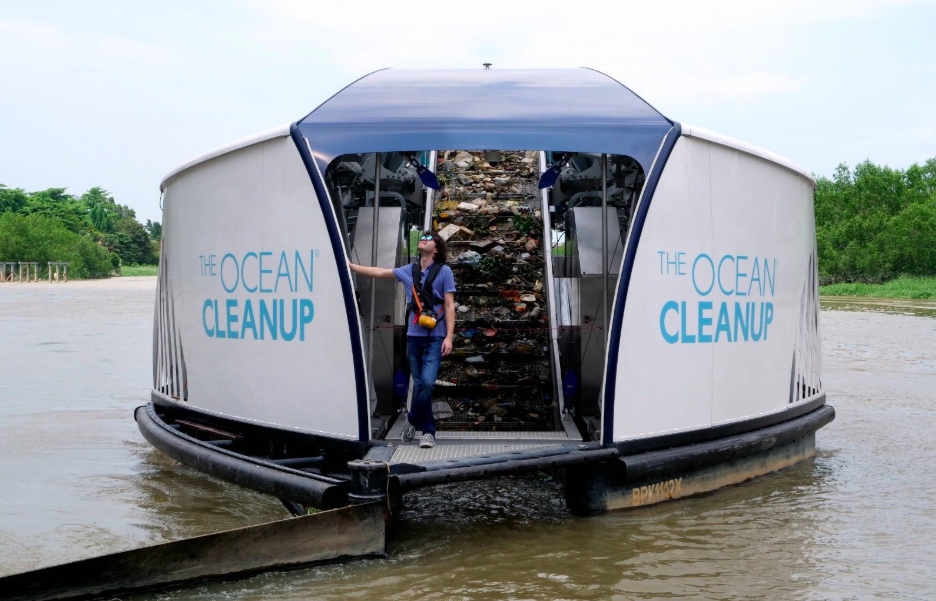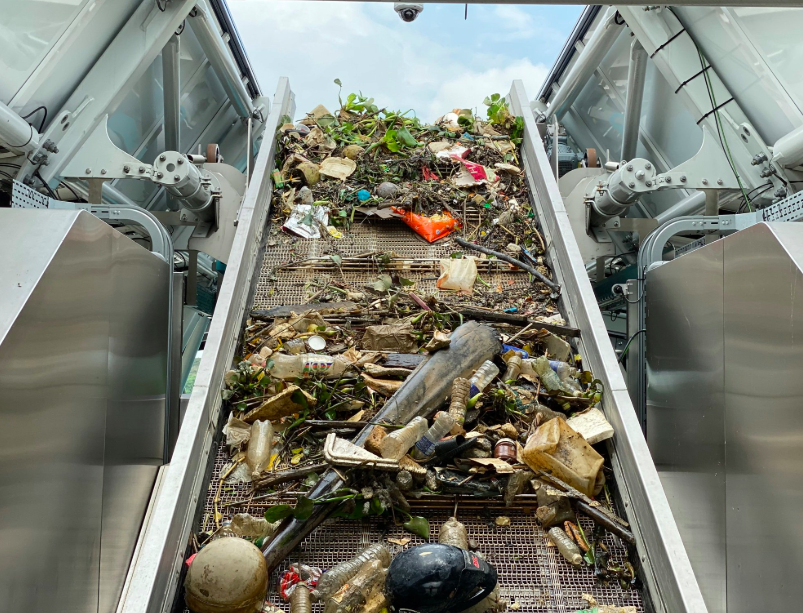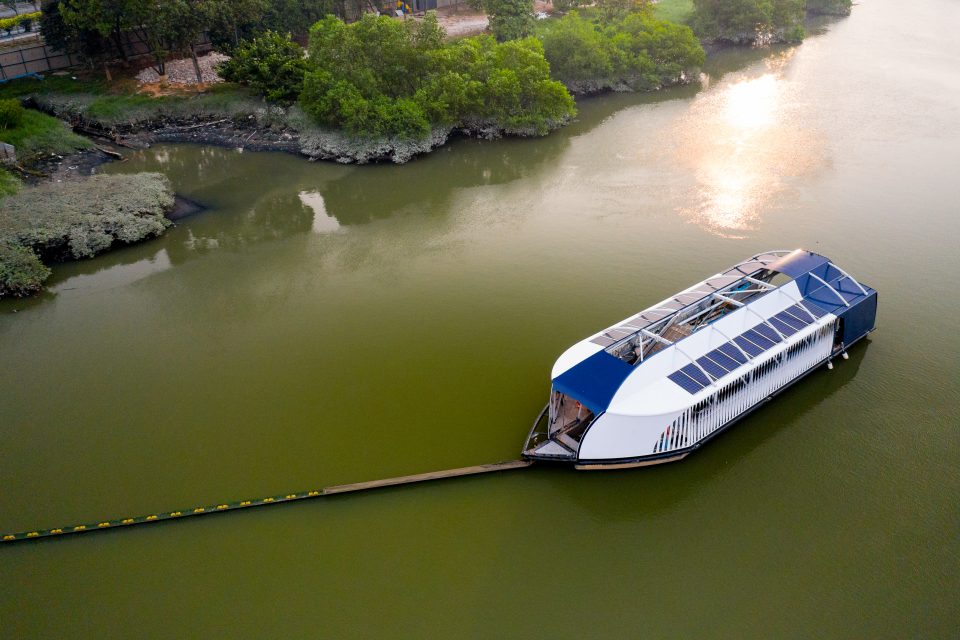From Handbags To Helmets - Dutch Invention Collects Trash From Klang River Daily
It can remove up to 100,000kg of trash a day!
A new system that solves plastic pollution has just entered our shores and it's dubbed to be the 'largest clean-up in history', thanks to its 25-year-old founder
Boyan Slat from Netherlands, founder of The Ocean Cleanup, invented a boat system called 'The Interceptor' that catches plastic and items polluting rivers before it reaches the ocean.
The Interceptor aims to clean-up 1,000 of the world's most polluted rivers by 2025.
And it has begun with none other than our Klang River - said to be one of the top 50 polluted rivers in the world.
According to The Ocean Cleanup, the most polluted rivers of the world contribute to about 80% of ocean plastic pollution.
"To truly rid the oceans of plastic, we need to both clean up the legacy and close the tap, preventing more plastic from reaching the oceans in the first place," Boyan explained.
Four Interceptors have been built to date, with Interceptor 001 operating in Jakarta, Indonesia since 2016, while Interceptor 002 is currently in Klang, Malaysia.
Two others will be installed in Can Tho, Mekong Delta in Vietnam and Santo Domingo, Dominican Republic.
To date, the Interceptor 002 has already collected trash including motorcycle helmets, handbags, and countless bottles and garbage bags in the Klang River
And it can remove up to 100,000kg of plastic and trash a day!
But how does it work?
Debris collected from the river flows into the system, while still allowing other boats to pass by.
A barrier then directs waste into the mouth of the Interceptor, where a conveyor belt extracts the debris from the water and passes it onto a shuttle.
The shuttle automatically knows when to distribute the waste into six containers on the boat. Once the containers are full, local operators will be notified.
The debris is then collected and brought back to shore to be recycled and the emptied containers are reattached back onto the Interceptor for further collection.
On top of it all, the Interceptor is 100% solar-powered and environmentally-friendly
It uses lithium-ion batteries that enable it to operate day and night without any noise or exhaust fumes.
The system is "anchored to the riverbed to utilise the natural flow of the river and to catch the plastic".
It is also designed for 24/7 autonomous operation, which removes the need for dangerous manual work.
You can find out more about The Ocean Cleanup here.



